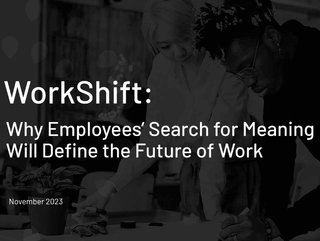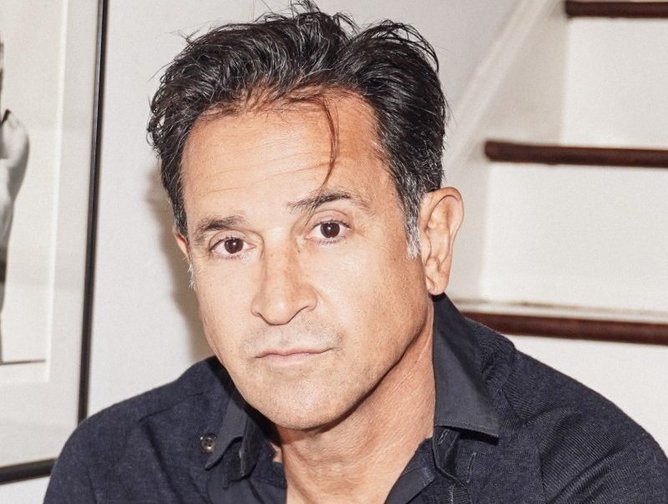Have senior leaders lost sight of what motivates employees?

The number of employees lacking enthusiasm for their current jobs, or intent on leaving, is rampant – but senior leaders are seemingly unaware the problem even exists.
That’s according to the results of a new study carried out by StrawberryFrog and Dynata, who found almost a third (32%) of workers are feeling unfulfilled and 30% have checked out.
Another 15% said they were altogether fed up, leaving just 23% feeling ‘energised’ in their work.
However, on the flip side, a significant proportion of senior managers claim their company has a good understanding of what motivates employees and believe communication between different ranks to be ‘very good’.
“In our research we learned that many of these disaffected employees stay only to avoid the hassles of searching for another position,” says Chip Walker, Head of Strategy at StrawberryFrog. “They’re essentially sleepwalking through their jobs.
“Meanwhile, top executives are operating within what we’re calling a ‘thriving bubble’, where senior leadership feels fulfilled and believes their organisation offers clear purpose and direction – a sentiment at odds with their checked-out and fed-up workforce.”
Disparity between leadership and employees
In carrying out the research, creative marketing consultancy StrawberryFrog and market research firm Dynata surveyed a nationally representative sample of US workers.
The results have been collated in a new report entitled WorkShift, which indicates a worrying proportion of employees are not engaged with their jobs.
It serves as bad news for employers, whose workforce could be lacking in productivity and potentially costing organisations billions of dollars.
Also concerning is the disparity between senior leadership and rank and file employees when it comes to their perception of motivation levels and quality of management.
While more than half (54%) of surveyed senior managers claim their company has a good understanding of what motivates employees, and 58% say communication between senior leadership and frontline workers is ‘very good’, less than half as many frontline workers give the same assessments.
Interestingly, the study also finds that a sense of meaning and purpose is the strongest predictor of employee loyalty – more so than the quality of daily experience, benefits or even pay.
The pandemic is shown to be a primary driver in this fundamental reassessment of workplace priorities, leading to a deep desire for more fulfilling daily routines.

“What we ultimately discovered is that more meaningful motivators – things like purpose, belonging and personal growth – are what employees desire most in the post-pandemic era,” adds Scott Goodson, Founder and CEO at StrawberryFrog.
“It’s not that compensation or benefits aren’t important now; they certainly are. But today they aren’t what drives employees’ emotional commitment to stay.”
Read the full report: WorkShift
******
For more business insights, check out the latest edition of Business Chief US and Canada and be sure to follow us on LinkedIn and Twitter.
You may also be interested in the Business Chief UK & Europe website.
******
BizClik is a global provider of B2B digital media platforms that cover executive communities for CEOs, CFOs and CMOs, as well as leaders in Sustainability, Procurement & Supply Chain, Technology & AI, Cyber, FinTech & InsurTech. We also cover industries including Manufacturing, Mining, Energy, EV, Construction, Healthcare and Food & Drink.
BizClik, based in London, Dubai and New York, offers services such as content creation, advertising and sponsorship solutions, webinars and events.
- Five Minutes With: Sarah Robb O'Hagan, CEO at ExosLeadership & Strategy
- Liz Elting – Driving Equality & Building Billion-$ BusinessLeadership & Strategy
- Five Minutes With: Kelly Ahuja, CEO at Versa NetworksLeadership & Strategy
- Workers are worried about the state of their countriesHuman Capital






